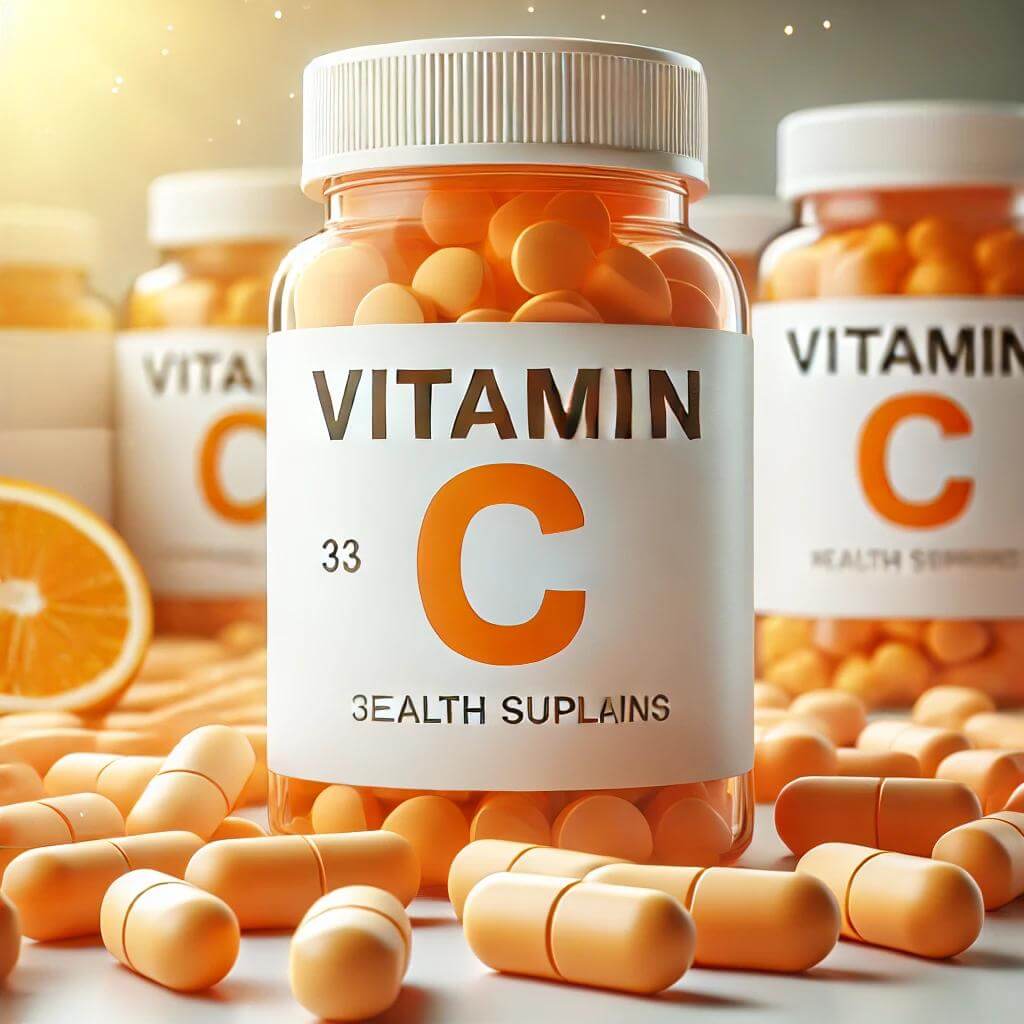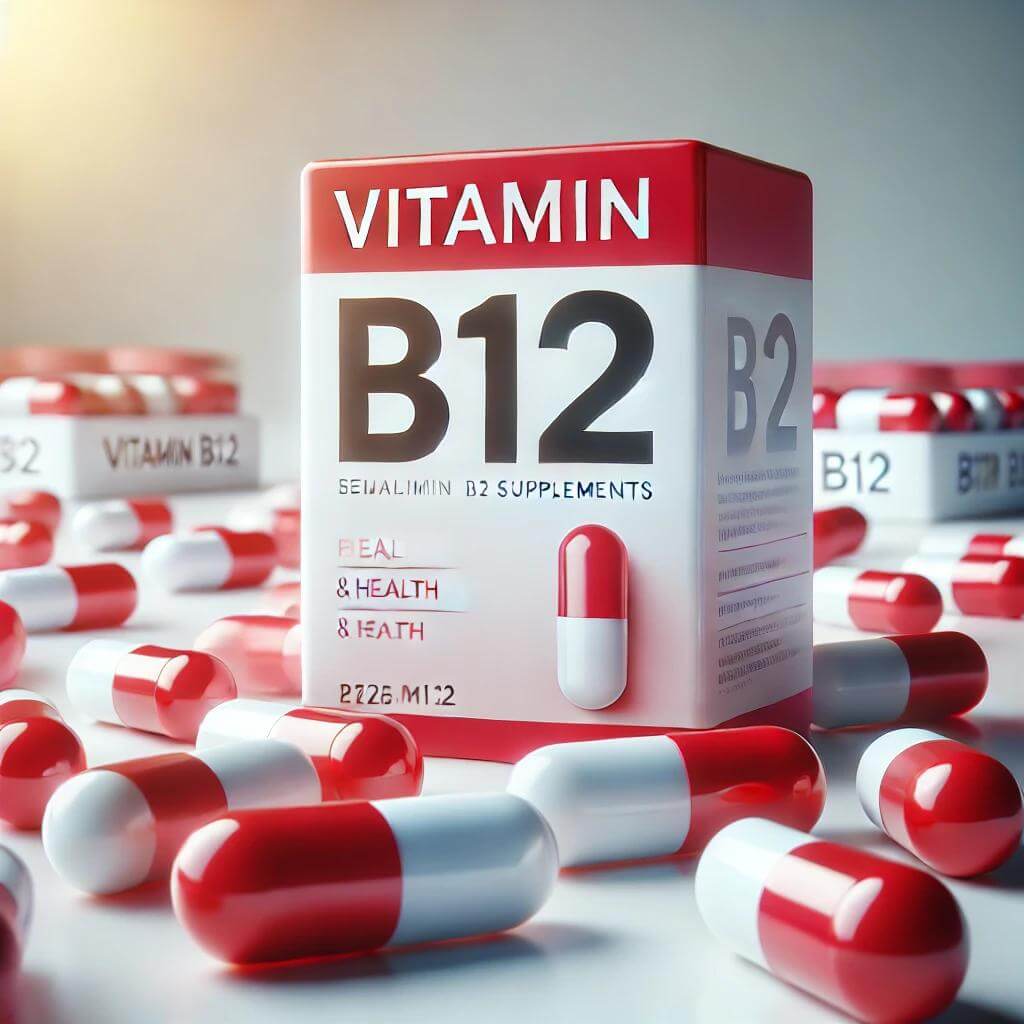Iron: The Essential Mineral for Energy, Vitality, and Overall Health
Iron is a fundamental nutrient that plays a crucial role in maintaining overall health and well-being. As an essential component of hemoglobin, the protein in red blood cells responsible for transporting oxygen throughout the body, iron is vital for energy production, cognitive function, and immune support. Despite its importance, iron deficiency remains one of the most common nutritional deficiencies worldwide, affecting millions of people and leading to conditions such as anemia. Understanding the significance of iron in our diet and how to ensure adequate intake is key to maintaining optimal health.
The Importance of Iron: Fueling Your Body and Mind
Iron is more than just a mineral; it is a vital component that supports various bodily functions. From providing energy to enhancing cognitive performance, iron is indispensable for everyone, regardless of age or gender.
1. Oxygen Transport and Energy Production
The primary function of iron is its role in the production of hemoglobin, a protein in red blood cells that carries oxygen from the lungs to the rest of the body. Hemoglobin binds oxygen and transports it through the bloodstream, delivering it to tissues and organs. Without adequate iron, the body cannot produce enough healthy red blood cells, leading to fatigue, weakness, and impaired physical performance. This is why iron is particularly important for athletes, pregnant women, and individuals with high energy demands.
In addition to hemoglobin, iron is a component of myoglobin, a protein that supplies oxygen to muscles. Myoglobin enables muscles to work efficiently, especially during physical activity. Sufficient iron levels are crucial for maintaining energy levels, stamina, and overall physical performance.
2. Cognitive Function and Brain Health
Iron plays a significant role in cognitive function and brain health. It is involved in the production of neurotransmitters, chemicals that transmit signals between nerve cells in the brain. Neurotransmitters such as dopamine, serotonin, and norepinephrine are essential for regulating mood, attention, memory, and learning. Iron deficiency can impair cognitive function, leading to difficulties with concentration, memory, and learning, particularly in children and adolescents.
During pregnancy, adequate iron intake is crucial for fetal brain development. Iron supports the growth of the brain and nervous system, and a deficiency during this critical period can lead to long-term cognitive and developmental issues in the child.
3. Immune System Support
Iron is essential for a healthy immune system. It is involved in the production of white blood cells, which are the body’s primary defense against infections and diseases. Iron also supports the function of enzymes that help the immune system fight off pathogens. Individuals with low iron levels may be more susceptible to infections and may experience slower recovery times from illnesses.
4. Hormone Regulation
Iron is necessary for the synthesis of certain hormones, including thyroid hormones. The thyroid gland uses iron to produce thyroxine (T4) and triiodothyronine (T3), hormones that regulate metabolism, growth, and development. Iron deficiency can lead to hypothyroidism, a condition characterized by low levels of thyroid hormones, resulting in symptoms such as weight gain, fatigue, and depression.
Top Dietary Sources of Iron
Iron is available in two forms in the diet: heme iron, which is found in animal-based foods, and non-heme iron, which is found in plant-based foods. Heme iron is more easily absorbed by the body compared to non-heme iron. Including a variety of iron-rich foods in your diet is essential to meet your daily iron needs. Below is a table of some of the best food sources of iron, ranked by the amount of iron they contain per 100 grams:
| Food Source | Iron Content (per 100g) | Notes |
|---|---|---|
| Beef Liver | 6.5 mg | High in heme iron, excellent source of vitamin A |
| Clams | 28 mg | Extremely rich in heme iron, also a good source of vitamin B12 |
| Oysters | 7 mg | Rich in zinc and other trace minerals |
| Pumpkin Seeds | 9 mg | Good source of non-heme iron, also high in magnesium |
| Lentils (Cooked) | 3.3 mg | High in non-heme iron, also rich in fiber and protein |
| Spinach (Cooked) | 3.6 mg | Non-heme iron source, contains oxalates that may inhibit absorption |
| Tofu | 5.4 mg | Plant-based source of iron, suitable for vegetarians and vegans |
| Quinoa (Cooked) | 1.5 mg | Contains non-heme iron, also a complete protein source |
| Chickpeas (Cooked) | 2.9 mg | Versatile legume, also high in protein and fiber |
| Dark Chocolate | 11.9 mg | Rich in non-heme iron, also high in antioxidants |
| Fortified Cereals | 18 mg | Varies by brand, often fortified with vitamins and minerals |
| Soybeans (Cooked) | 15.7 mg | Excellent source of non-heme iron, also high in protein |
| Red Meat (Beef, Cooked) | 2.6 mg | Good source of heme iron, also provides protein and B vitamins |
| Turkey (Dark Meat) | 2.3 mg | Contains heme iron, also rich in protein |
| Potatoes (With Skin) | 2.7 mg | Contains non-heme iron, especially in the skin |
| Eggs | 1.2 mg | Modest source of heme iron, also rich in protein and choline |
Potential Disadvantages of Iron
While iron is essential for health, excessive intake can lead to adverse effects. It is important to balance iron consumption and be aware of the potential downsides associated with both deficiency and excess.
1. Iron Overload and Toxicity
Iron overload, also known as hemochromatosis, occurs when the body absorbs too much iron from the diet or supplements. This condition can lead to the accumulation of iron in organs such as the liver, heart, and pancreas, causing damage and increasing the risk of conditions such as liver disease, heart disease, and diabetes. Symptoms of iron overload may include joint pain, fatigue, abdominal pain, and irregular heart rhythms.
To prevent iron overload, it is important to monitor iron levels, especially if you are taking supplements, and to avoid excessive consumption of iron-rich foods. Individuals with genetic conditions such as hereditary hemochromatosis should be particularly cautious.
2. Gastrointestinal Issues
High doses of iron, particularly from supplements, can cause gastrointestinal issues such as constipation, nausea, vomiting, and diarrhea. Iron supplements are often prescribed to treat iron deficiency anemia, but they can be harsh on the digestive system. To minimize these side effects, it is recommended to take iron supplements with food and to start with a lower dose, gradually increasing it as tolerated.
3. Interference with Nutrient Absorption
Iron can interfere with the absorption of other essential nutrients, such as calcium and zinc. When consumed in large amounts, iron competes with these minerals for absorption in the intestines, potentially leading to deficiencies. To avoid this issue, it is advisable to space out the consumption of iron-rich foods and supplements from other minerals and to maintain a balanced diet.
Conclusion
Iron is an indispensable nutrient that plays a vital role in maintaining energy levels, cognitive function, immune support, and overall health. Ensuring adequate iron intake through a varied and balanced diet is essential for preventing deficiency and optimizing health. However, it is equally important to be mindful of the potential risks associated with excessive iron intake, particularly from supplements.
By understanding the importance of iron and making informed dietary choices, you can support your body’s energy production, cognitive performance, and immune function. Whether you are an athlete, a growing child, or an aging adult, iron is a mineral that should not be overlooked in your quest for optimal health.
*Disclaimer: The information provided in this article is for educational and informational purposes only and should not be construed as health advice. The content is solely the personal opinion of the author and is not intended to be a substitute for professional medical advice, diagnosis, or treatment. Always seek the advice of your physician or other qualified health provider with any questions you may have regarding a medical condition or before starting any new diet or treatment. Read more




Post Comment